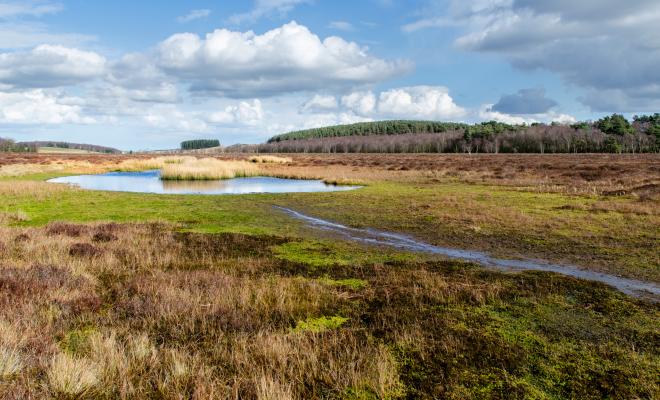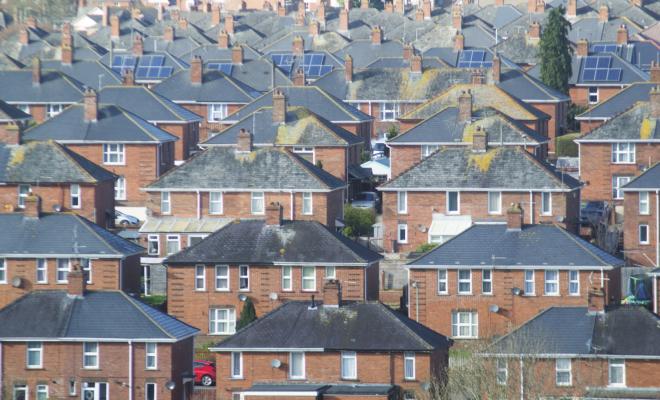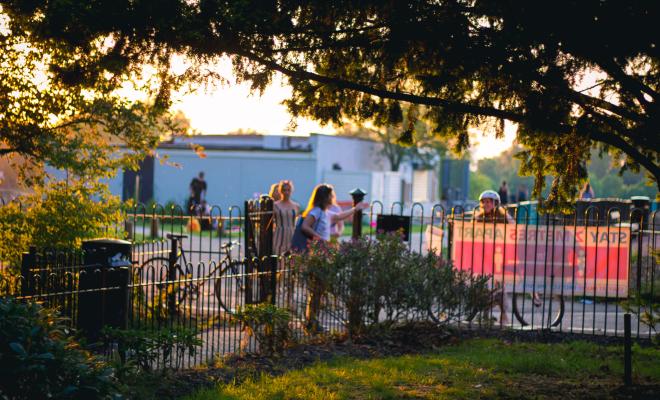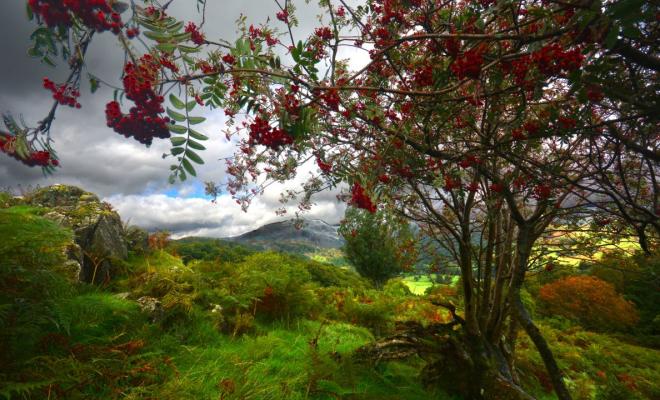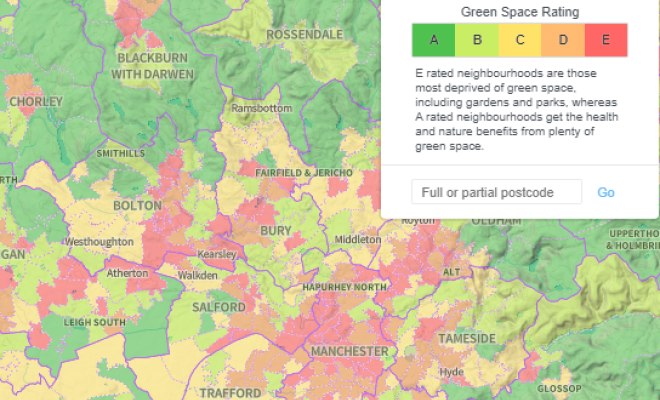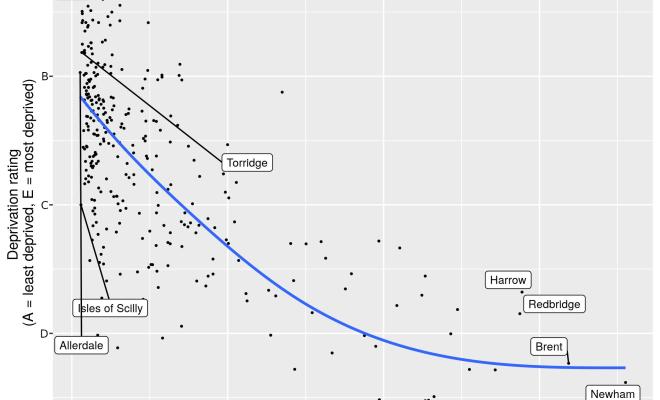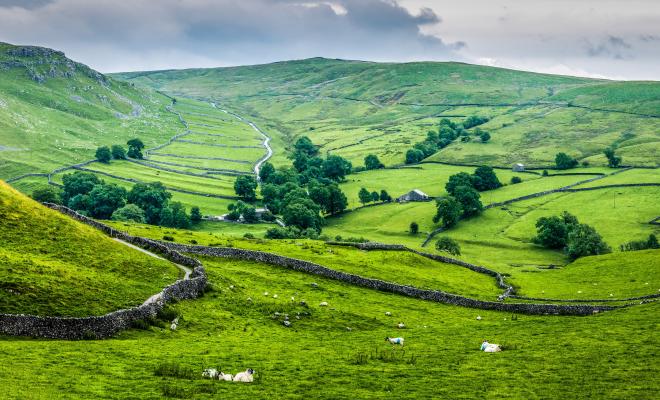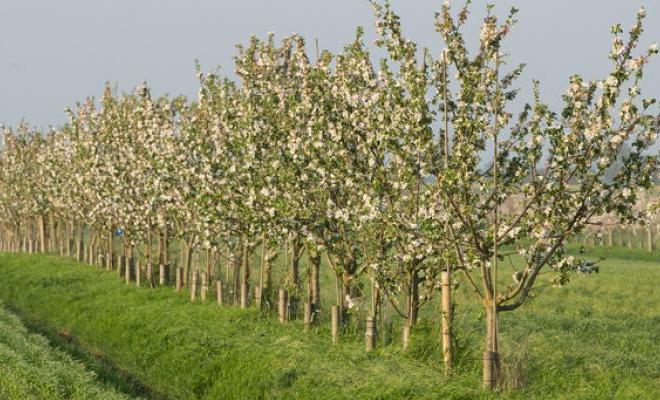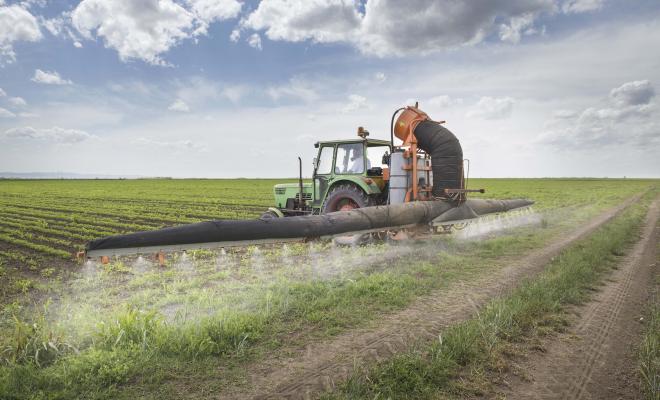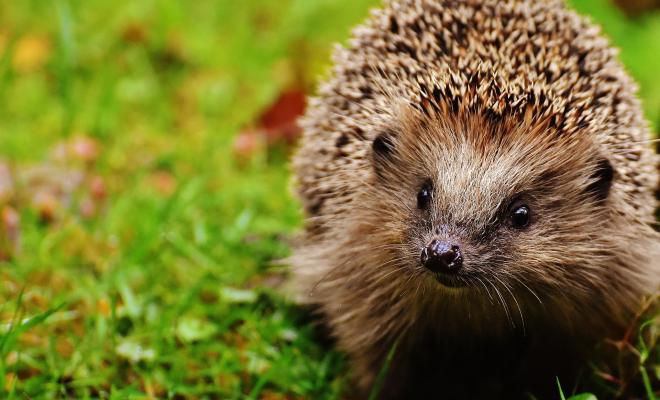Paul de Zylva03 Jun 2021
Will government and business leaders act on the triple emergency? Or will government and business-as-usual win?
Paul de Zylva20 May 2021
The government’s Peat and Trees Action Plans were expected, but are they worth the wait? Paul de Zylva picks the highs, the lows, and points to what comes next.
Kierra Box08 Feb 2021
Trade campaigner Kierra Box starts a conversation about which trade policy levers could deliver positive change and where politics needs to shift.
Naomi Luhde-Thompson, Senior Planner14 Jan 2021
Why proposed planning reforms are socially unjust and bad for climate change.
Sandra Bell08 Dec 2020
Sandra Bell explains why local council action is vital to achieving net zero and why the government must give them greater support as recommended by the Climate Change Committee.
Naomi Luhde-Thompson, Kate Gordon12 Nov 2020
The government recently consulted on its proposed radical reforms to the planning system. We outlined our concerns that these will diminish local accountability, erode local democracy by curtailing the right of communities to influence planning and development in their area and fail to tackle the urgent climate and ecological emergencies.
Danny Gross29 Sep 2020
This report uncovers the untapped potential of natural climate solutions in England’s national parks, and explores how the government and National Park Authorities can better support woodland creation and ecosystem restoration in these treasured landscapes.
Paul de Zylva, Chris Gordon-Smith, Mike Childs15 Sep 2020
This report exposes how widespread green space deprivation is, how it is an issue of racial injustice as well as concern from a public health perspective, and what needs to be done to fix the problem. It also showcases great examples of community led initiatives.
Paul de Zylva, Chris Gordon-Smith, Mike Childs13 Sep 20201.85 MB PDF file
The full report of England's Green Space Gap including more detail, more data, and more references.
Sandra Bell01 May 2020
How we use our land sometimes seems like a 1000-piece jigsaw where we need to put the right pieces in the right places - to cut climate emissions and boost nature. It’s particularly tricky because there’s more than one correct way to complete it. In this article I propose 9 principles that fit with Friends of the Earth’s approach to tackling the climate and nature crises here and overseas – a guide to completing the jigsaw.
Guy Shrubsole with research by Chris Gordon-Smith17 Mar 2020
Is there really space in the UK to double tree cover? And where’s best to grow all those trees?
Sandra Bell13 Feb 2020
After being on hold for a year the Agriculture Bill came back to Parliament in January 2020. The government promises it will help farmers boost nature and tackle climate change. Will it help reverse the damage from overuse of pesticides in our countryside?
Sandra Bell17 Dec 2019
Planting trees on farms can help reduce pests and diseases and cut the need for chemicals.
Paul de Zylva10 Dec 2019752 kB PDF file
Although pesticides were used initially to benefit human life through increase in agricultural productivity, this report shows that their adverse effects on nature are substantial and that their use now needs to be minimised for the benefit of ecosystems and food production.
Paul de Zylva06 Dec 2019
It’s not only bees that are harmed by pesticides. We show how routine use of chemicals harms birds, earthworms, hedgehogs, frogs, wild plants and wider nature.



